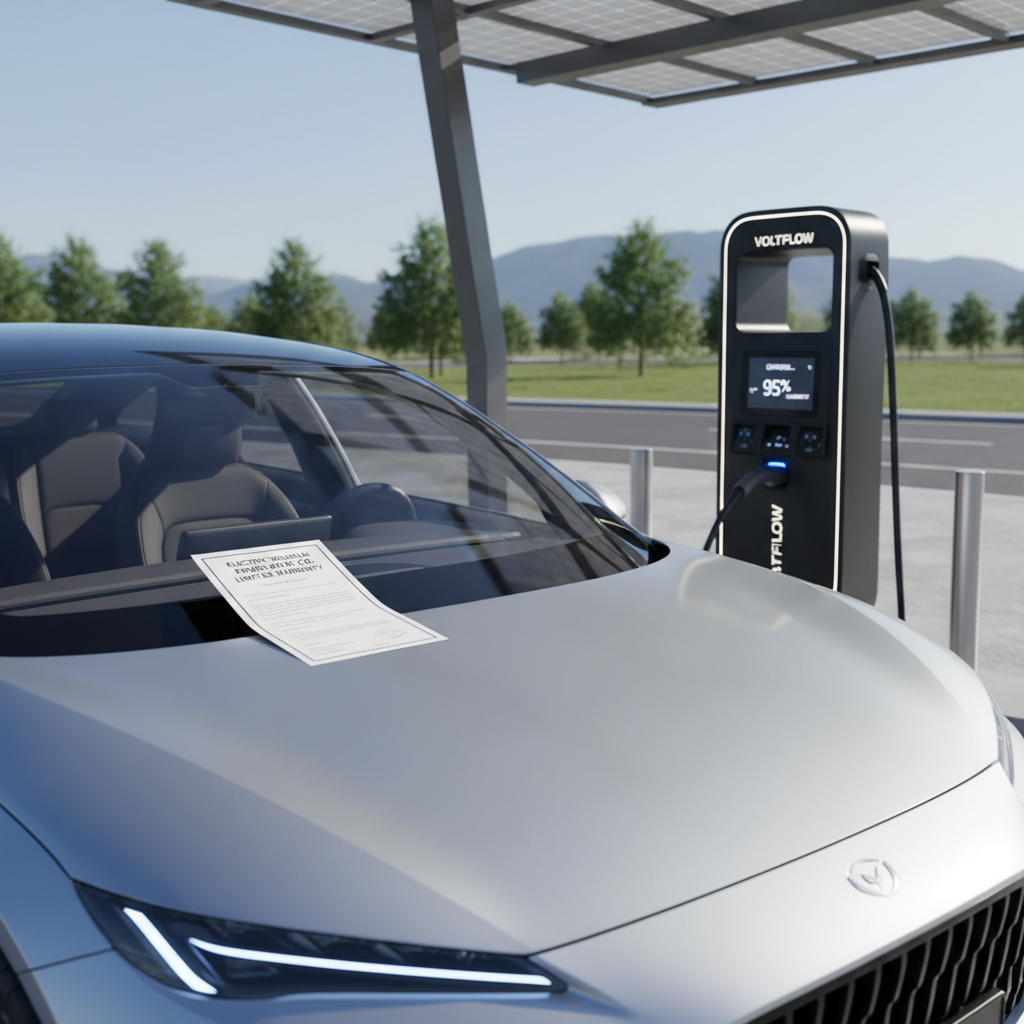Is an Extended Warranty Worth It for Your EV? The Real Numbers by Brand, Battery, and Driving Style
🔒
Contents
Premium Content Locked
This exclusive content requires viewing a short video advertisement to unlock.

Contents
This exclusive content requires viewing a short video advertisement to unlock.